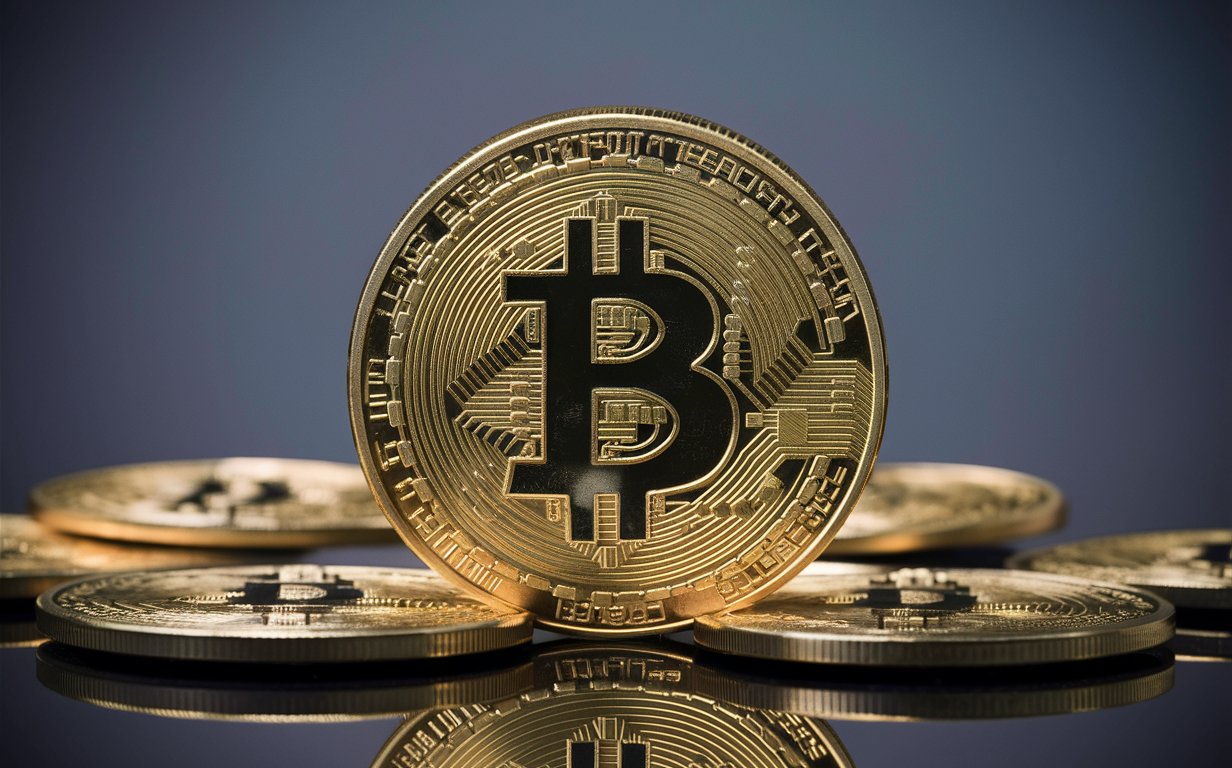Economy
PM says Tarin’s appointment aimed at boosting growth, containing inflation

Prime Minister Imran Khan on Monday said cartels and monopoly as witnessed in the case of sugar mills resulted in inflation. The appointment of Shaukat Tarin as finance minister aimed at controlling inflation and increasing the growth rate. The prime minister made these remarks in a live telephonic call session with the general public. This was the third such interactive session titled ‘Aap ka Wazir-e-Azam, Aap ke Sath’, where the prime minister took questions from people through live phone calls and responded to questions.
On petroleum prices, he said the government had kept the price of commodity lower as compared to India, Indonesia, Sri Lanka, China, United States, Turkey, Malaysia, Bangladesh and Bhutan so as to avoid burden on consumers.
Worldwide, he said, the prices of commodities went up during the pandemic, including gas by 60 percent, food 29 percent, metal 41 percent, crude oil 84 percent, cotton 44 percent, palm oil 54.8 percent, soya bean oil 36.6 percent and sugar 14.5 percent. According to a Bloomberg report on food inflation and agricultural sub-index, Pakistan still kept the prices low, he added.
Prime Minister Imran Khan said with solid steps, the government had achieved remarkable economic growth in diverse sectors.
Through reforms the economic losses of public corporations had been reduced from Rs 286 billion to Rs 143 billion, the current account deficit remained in surplus for the last 10 months and the foreign exchange reserves increased to $15.6 billion.
“During the pandemic situation when the whole world is facing financial crunch, our government has saved the economy,” he said.
He acknowledged that the financial assistance from Saudi Arabia and China also helped Pakistan gain the economic stability.
Imran Khan said now the rupee had strengthened against dollar at Rs 152, exports increased by 13.5 percent, the Euro bond helped gain $2.5 billion and the revenue of Federal Board of Revenue (FBR) rose by 11 percent.
The textile and cement industries, he said, witnessed a boom, while the local car manufacturing was recorded at 18 percent. The Pakistan Stock Exchange showed a bullish trend by 66 percent increase as per Bloomberg and the information technology exports increased by 44 percent.
Imran Khan said incentives in the housing sector had encouraged economic activity and the banks were offering loans for the construction of houses. He acknowledged the role of courts in the passage of foreclosure law of banks, which, he said, had greatly helped in materialization of the low-cost housing project.
Responding to a caller who complained about delay in a housing project for government employees in Bhara Kahu (Islamabad), he advised his staff to note the matter for further pursuance.
To overcome issues of water shortage and sanitation, he said the government was making master plans of cities and had also allowed vertical construction to maximum accommodate the population. Imran Khan said lack of planning and civic infrastructure had led to improper expansion of metropolitan cities. Dams were being constructed to overcome water scarcity, he said, adding a special arrangement for water supply to Islamabad was in progress.
Crypto
Bitcoin Rebounds from Slump Triggered by Iran’s Attack on Israel: Analyzing Market Sentiment and Investor Reactions

Table of Contents
Introduction
On April 13, 2024, Bitcoin experienced a significant price drop following the escalation of tensions between Iran and Israel. The attack on Israel by Iran led to a sharp decline in the price of Bitcoin, causing concern among investors and market analysts. However, the cryptocurrency market has shown resilience, with Bitcoin rebounding from the slump, indicating a potential recovery in the market. In this blog article, we will analyze the impact of the geopolitical event on Bitcoin’s price, market sentiment, and investor reactions.

Impact on Bitcoin Price
The attack on Israel by Iran led to a significant drop in the price of Bitcoin, with the cryptocurrency experiencing a sharp decline in its value. According to CoinMarketCap, the price of Bitcoin dropped from $25,987.73 to $24,427.20 within a few hours of the news. This decline can be attributed to the uncertainty and fear among investors, as geopolitical events can have a significant impact on the global economy and financial markets.
Market Sentiment
The sudden drop in Bitcoin’s price led to a wave of panic among investors, causing a shift in market sentiment. According to data from CoinMarketCap, the market sentiment for Bitcoin shifted from “Neutral” to “Negative” within hours of the news. This change in sentiment can be attributed to the fear of potential economic instability caused by the geopolitical event.
Geopolitical Events and Bitcoin
Geopolitical events have a significant impact on the cryptocurrency market, particularly on the price of Bitcoin. In recent years, we have seen how events such as the Russia-Ukraine conflict, the COVID-19 pandemic, and the ongoing US-China trade war have affected the cryptocurrency market. The attack on Israel by Iran is just another example of how geopolitical events can cause volatility in the market.
Investor Reactions
The sudden drop in Bitcoin’s price led to a wave of panic among investors, causing some to sell their holdings in a bid to minimize their losses. However, other investors saw this as an opportunity to buy Bitcoin at a lower price, believing that the cryptocurrency would recover in the long run. This divergence in investor reactions highlights the inherent volatility of the cryptocurrency market and the importance of understanding market sentiment and geopolitical events.
Recovery and Future Outlook
Despite the initial decline, Bitcoin has shown resilience and has started to recover from the slump. As of the time of writing, the price of Bitcoin has rebounded to $25,537.95, indicating a potential recovery in the market. However, the long-term outlook for Bitcoin remains uncertain, as the cryptocurrency market is heavily influenced by geopolitical events and market sentiment.
Conclusion
The attack on Israel by Iran led to a significant drop in the price of Bitcoin, causing panic among investors and uncertainty in the market. However, the cryptocurrency has shown resilience and has started to recover from the slump. As we move forward, it is essential to monitor geopolitical events and market sentiment to understand the potential impact on the cryptocurrency market.
China
Navigating the Economic Transformation: China’s Future Depends on Microeconomic Policies

Introduction
China’s economic growth has been a significant global phenomenon, with its rapid expansion driving global trade and shaping the global economy. However, as China enters a new phase of its economic development, it faces challenges that require a shift in focus from macroeconomic stimulus to microeconomic policies. This article explores the importance of microeconomic policies in China’s future economic growth and the implications for businesses and markets.

I. The Limitations of Macroeconomic Stimulus
- Temporary Boost: Macroeconomic stimulus, such as government spending and monetary policy, can provide a temporary boost to the economy. However, it does not address the underlying structural issues that hinder long-term growth.
- Amplifying Economic Shortcomings: Macroeconomic stimulus can exacerbate economic imbalances and inefficiencies, leading to a more significant correction in the future.
II. The Importance of Microeconomic Policies
- Structural Reforms: Microeconomic policies focus on structural reforms that address the root causes of economic challenges. These reforms can include labor market reforms, regulatory changes, and infrastructure investments.
- Encouraging Business Transformation: Microeconomic policies can create an environment that encourages businesses to transform and adapt to changing market conditions. This can lead to increased productivity, innovation, and competitiveness.
III. The Role of Businesses in China’s Economic Transformation
- Adapting to Market Changes: As China’s economy evolves, businesses must adapt to new market conditions and consumer preferences. This may involve shifting from traditional industries to more innovative and technology-driven sectors.
- Embracing Innovation: To prosper in the new economic environment, businesses must embrace innovation and technological advancements. This can include investing in research and development, adopting new technologies, and fostering a culture of innovation.
IV. Implications for Markets and Investors
- Changing Market Dynamics: As China’s economic focus shifts from macroeconomic stimulus to microeconomic policies, market dynamics will change. Investors should be prepared for a more volatile and uncertain market environment.
- Opportunities for Investors: The shift to microeconomic policies presents opportunities for investors in sectors that benefit from structural reforms and business transformation. These may include technology, healthcare, and environmental sectors.
Conclusion
China’s future economic growth depends on its ability to navigate the complex transition from macroeconomic stimulus to microeconomic policies. This requires a focused effort on structural reforms, business transformation, and a shift towards innovation and technology. As China embarks on this transformation, businesses and investors must adapt to the changing market conditions and seize the opportunities presented by the new economic environment.
Economy
Understanding the Latest Inflation Figures: Causes, Consequences, and the Fed’s Response

Introduction
Inflation, the rate at which the general level of prices for goods and services is rising, has been a topic of concern for economists and policymakers alike. Recently, the US inflation rate has risen to 2.5%, according to the Federal Reserve’s preferred measure, the Personal Consumption Expenditures (PCE) index. This figure is in line with economists’ expectations but remains above the central bank’s target of 2%. In this blog article, we will delve into the causes of this inflation rise, its impact on the economy, the Federal Reserve’s response, and the potential future implications.
Causes of Inflation:
- Supply Chain Disruptions: The COVID-19 pandemic has caused significant disruptions in global supply chains, leading to increased demand for goods and services.
- Fiscal Policy: Government spending and tax policies can influence inflation by increasing the demand for goods and services, leading to higher prices.
- Monetary Policy: The Federal Reserve’s actions, such as adjusting interest rates, can impact inflation by influencing the supply of money and credit in the economy.
Impact of Inflation on the Economy:
- Consumer Prices: Inflation directly affects the prices consumers pay for goods and services, potentially reducing their purchasing power.
- Interest Rates: Central banks, like the Federal Reserve, may adjust interest rates to control inflation, which can impact borrowing costs and economic growth.
- Economic Stability: High and persistent inflation can lead to economic instability, as businesses and consumers struggle to predict future prices.
Fed’s Response to Inflation:
- Interest Rate Adjustments: The Federal Reserve has the ability to adjust interest rates to control inflation, which can impact borrowing costs and economic growth.
- Communication: The Fed communicates its monetary policy decisions and future expectations to the public, which can influence market expectations and economic behavior.
- Inflation Targets: The Fed has set a target inflation rate of 2%, which it aims to maintain over the long term.
Future Implications of Inflation:
- Monetary Policy: The Fed’s response to inflation will depend on its assessment of the current economic situation and future expectations.
- Economic Growth: High and persistent inflation can negatively impact economic growth, as businesses and consumers may reduce spending and investment due to uncertainty.
- Policy Coordination: Central banks, governments, and international organizations may need to coordinate their policies to address inflation and promote economic stability.
Conclusion
The recent rise in US inflation to 2.5% is a cause for concern, as it remains above the Federal Reserve’s target. Understanding the causes of this inflation, its impact on the economy, and the Fed’s response is crucial for policymakers and investors alike. By addressing these issues, we can work towards maintaining economic stability and promoting sustainable growth.
-

 Featured3 years ago
Featured3 years agoThe Right-Wing Politics in United States & The Capitol Hill Mayhem
-

 Elections 20241 month ago
Elections 20241 month agoAnalyzing Trump’s Super Tuesday Triumph and Nikki Haley’s Strategic Moves
-

 News2 years ago
News2 years agoPrioritizing health & education most effective way to improve socio-economic status: President
-

 China3 years ago
China3 years agoCoronavirus Pandemic and Global Response
-

 Canada3 years ago
Canada3 years agoSocio-Economic Implications of Canadian Border Closure With U.S
-

 Conflict3 years ago
Conflict3 years agoKashmir Lockdown, UNGA & Thereafter
-

 Democracy3 years ago
Democracy3 years agoMissing You! SPSC
-

 Democracy3 years ago
Democracy3 years agoPresident Dr Arif Alvi Confers Civil Awards on Independence Day





















